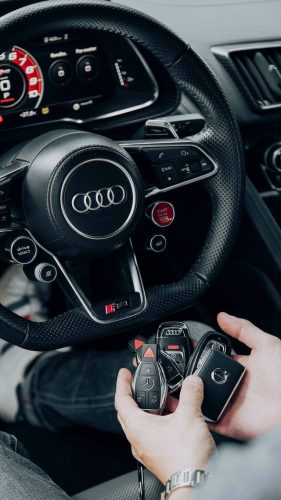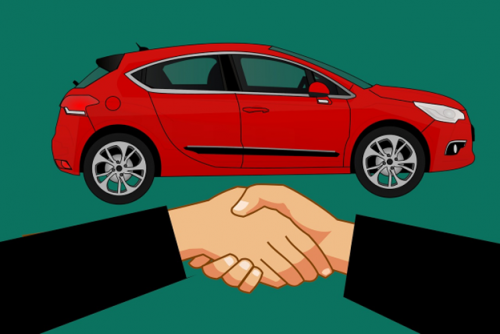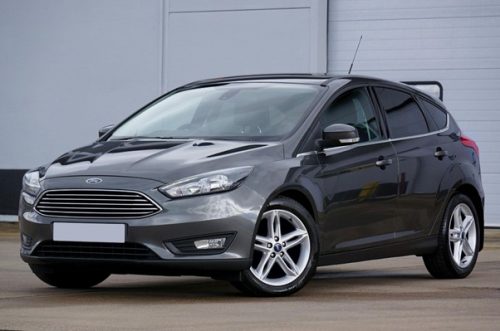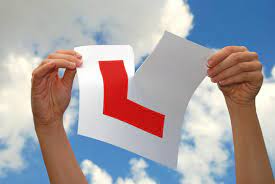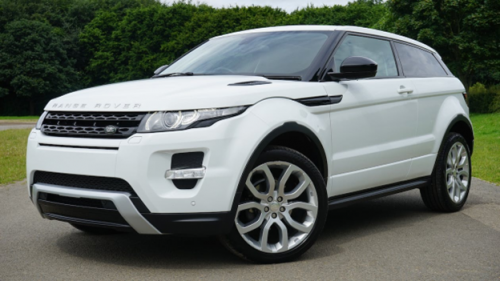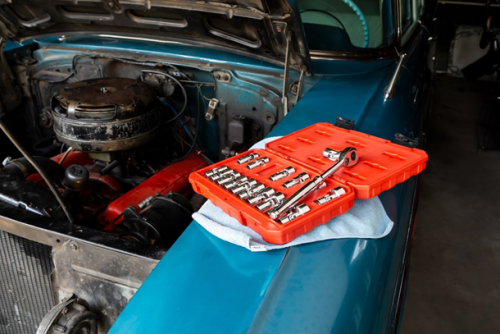
Tips for Maintaining Your First Vehicle
Posted in: Car Insurance, Driving Tips.
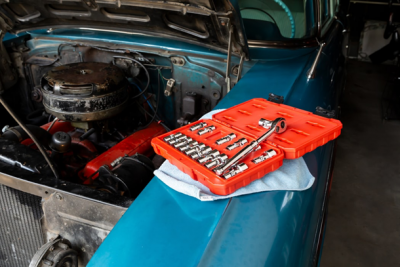
Image Source: Unsplash (https://unsplash.com/photos/kzlxOJwD6i8)
Tips for Maintaining Your First Vehicle
There is nothing quite like the thrill of buying your first vehicle. After all, this is a big investment, and you worked hard to make it happen, so you should be filled with pride. However, to keep your ride operating at peak performance for years to come, you need to be responsible and perform regular maintenance.
It is important to keep in mind that it is more than just about filling the gas and getting a car wash once in a while. Instead, preventive maintenance includes full tune-ups and smart driving habits that will keep your car in tip-top shape. Here are some pointers for your first vehicle.
Why You Need to Maintain Your Car
There are many benefits to car maintenance that go way beyond ensuring that it doesn’t break down. Instead, by taking a vested interest in your car, you will help the vehicle last years longer. Plus, the cost of getting an oil change or tire rotation here and there is much more affordable than having to completely replace your engine or the car itself due to lack of maintenance.
Just like human beings, vehicles need regular care so they can run at their top potential. Like going to a doctor, regular visits to a mechanic will ensure that your car has all the proper fluids and that a minor malfunction doesn’t lead to a bigger issue down the road. Plus, your car is safer when it is well-maintained. Think about the risks that you can impose on yourself and other drivers if your brakes were to go out or you otherwise lost control of your car. You don’t want to be on the hook for injuring others just because you didn’t check your car when the “check engine” light turned on.
At a minimum, take the time to check the basics during every other gas refill. Clean the windshield, check your tire pressure, and if they are low, fill the tires to only the maximum PSI (pounds per square inch) that is listed on your tire. Don’t think you can skip one of these stops by overfilling your tire. Instead, it could burst while you are driving and defeat the purpose.
Regular Check-Ups
Every 3,000-5,000 miles, you need to check and likely replace your oil either with a professional or on your own. Oil is the life-blood of your engine, and if you fail to change it when necessary, then your engine will overheat, and the components that make your car run will start to wear out. Not only that, but you will see a noticeable decrease in your fuel efficiency, which will require you to get gas more often. While you are getting the oil change, the mechanic may ask if you want to replace your air filter. As a general rule, hold the air filter up to the sun. If you can’t see the light come through, then it is time to replace it.
Oil is only one of the fluids you need to maintain on your car, and when it is time for an oil change, you know it is also time to check the other liquids of your car as well, so check your transmission, power steering, and brake fluid. If necessary, also replace your windshield wipers and replenish the wiper fluid.
About every 50,000 miles, you are going to want to replace your brakes or at least inspect them to ensure that the brake pads are intact. If you hear grinding when you press the brake pedal, this is a warning, and you should bring the car to a mechanic immediately. At this point, you should also go under the hood and check the battery. Inspect the terminals to ensure that they are not corroded. If they are, then you could have a poor connection, so use baking soda and a toothbrush to clean them up.
Defensive Driving
While regular maintenance will do wonders to keep your car going strong, you also need to protect your investment when behind the wheel by driving smart and defensively. After all, changing your oil is all well and good, but if you get into an accident and damage your car, you could greatly limit its longevity. The first step of defensive driving is to avoid distractions, including cell phones, overly loud music, or eating and drinking while driving. If it keeps your eyes off the road, you shouldn’t be doing it.
Defensive driving also means taking to the roadways responsibly by always checking your surroundings and your mirrors, so you are constantly aware of who is around you. Decrease your chances of a car accident by always using your turn signal, driving at the posted speed limit, and avoid traveling when you are overly tired. When you are driving, you need to expect the unexpected, so always pay attention to road signs and keep a safe distance of two seconds from the car in front of you. So, if the head driver passes a street sign, your car shouldn’t pass that same sign until at least 2 seconds have passed.
It is also important to avoid dangerous driving conditions whenever necessary, so you don’t get in a car crash. If it is snowing, raining, or you are experiencing any other dangerous weather phenomena, then it might be a good idea to stay home. If you live in an area with a lot of snow, then additional maintenance will be necessary. Road salt is corrosive, and dirt and grime can permanently scar your vehicle, so wash your car wherever possible after snowstorms.
It may seem like a pain to bring your vehicle in for maintenance, but it is important to make the extra effort. Most of these tips are quick and painless, and they will do wonders for the lifespan of your first car.
Tags: Tips for Maintaining Your First Vehicle






